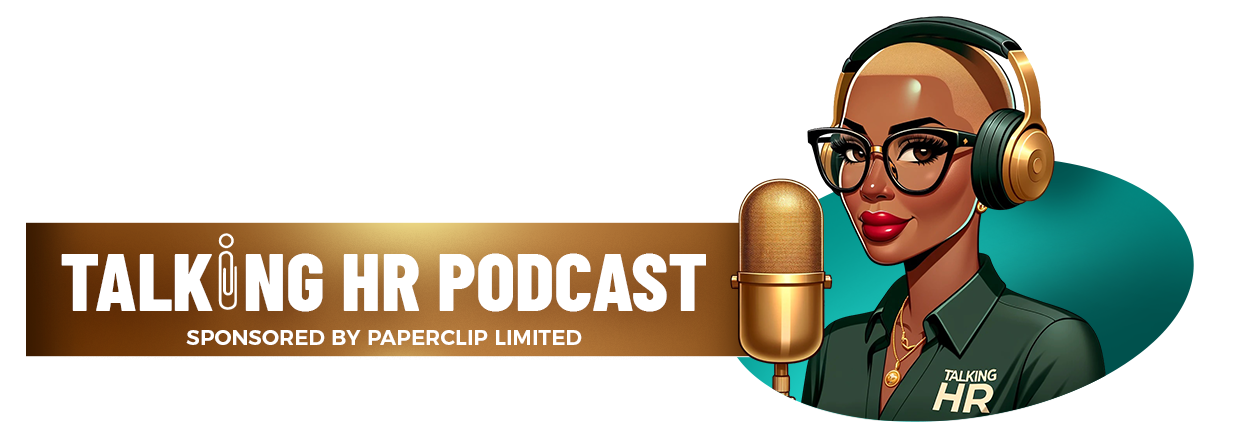In recent years, sustainability has become a crucial focus for businesses worldwide. As organizations strive to reduce their environmental impact and promote social responsibility, the concept of Sustainable HR has emerged as a key player in this movement. But what exactly is Sustainable HR, where did the term originate, and how can it be implemented effectively? Let’s dive in and explore this transformative approach to Human Resources.
What is Sustainable HR?
Sustainable HR, or Sustainable Human Resource Management (SHRM), refers to the practice of integrating sustainable principles into HR policies and practices. This approach aims to create a balance between economic, social, and environmental goals within the workplace. Sustainable HR goes beyond traditional HR practices by considering the long-term impacts of HR decisions on both people and the planet.
The Origin of the Term
The term “Sustainable HR” emerged in the early 2000s as businesses began to recognize the importance of sustainability in their operations. It gained traction alongside the broader concept of Corporate Social Responsibility (CSR) and the global push towards sustainable development. The roots of SHRM can be traced back to the ideas of sustainable development presented in the Brundtland Report of 1987, which defined sustainable development as meeting “the needs of the present without compromising the ability of future generations to meet their own needs. Her are some key components of sustainable HR
Environmental Sustainability
- Green Recruitment: Prioritizing candidates who value sustainability and have experience in implementing eco-friendly practices.
- Eco-Friendly Workspaces: Designing workspaces with energy-efficient lighting, waste reduction programs, and green building materials.
- Remote Work and Telecommuting: Reducing the carbon footprint by encouraging remote work and flexible working arrangements.
Social Sustainability
- Diversity and Inclusion: Promoting a diverse and inclusive workplace where all employees feel valued and respected.
- Employee Well-being: Focusing on the physical, mental, and emotional well-being of employees through wellness programs and supportive work environments.
- Community Engagement: Encouraging employees to participate in community service and volunteer opportunities.
Economic Sustainability
Long-Term Employment: Creating stable and secure job opportunities that offer growth and development for employees.
Fair Compensation: Ensuring fair and equitable pay practices that reflect the value of employees’ contributions.
Sustainable Supply Chains: Partnering with suppliers and vendors who adhere to sustainable practices.
Benefits of Sustainable HR
Implementing Sustainable HR practices offers numerous benefits for both organizations and employees:
Enhanced Reputation: Companies that prioritize sustainability are often viewed more favorably by consumers, investors, and potential employees.
Increased Employee Engagement: Employees are more likely to be engaged and motivated when they feel their work contributes to a larger purpose.
Cost Savings: Sustainable practices, such as energy efficiency and waste reduction, can lead to significant cost savings over time.
Attraction and Retention of Talent: Companies with strong sustainability programs are more attractive to top talent who prioritize working for socially responsible employers.
How to Implement Sustainable HR Practices
- Assess Current Practices: Conduct an audit of existing HR practices to identify areas where sustainability can be integrated.
- Set Clear Goals: Establish clear, measurable goals for sustainability within HR practices, aligned with the organization’s overall sustainability objectives.
- Engage Employees: Involve employees in the development and implementation of sustainable practices, encouraging their input and participation.
- Provide Training and Resources: Offer training and resources to help employees understand and embrace sustainable practices in their daily work.
- Monitor and Report Progress: Regularly monitor progress towards sustainability goals and report on achievements to stakeholders.
Sustainable HR and contribute to a more sustainable and equitable world. Is your business ready to adopt Sustainable HR practices and make a positive impact on the environment and society? Contact Paperclip today for expert HR consulting services that will help you integrate sustainability into your HR strategies. Visit our website or reach out to us at to get started!




Leave a Reply